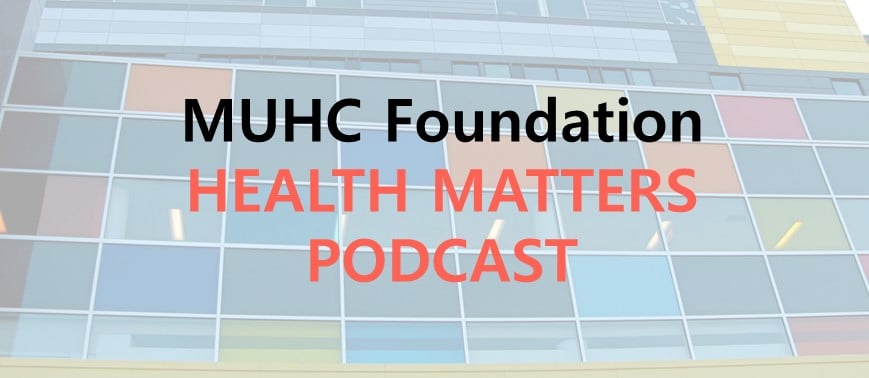Dr. Tania Janaudis-Ferreira explains her rehabilitation study for patients living with long-COVID symptoms.
(Time on Podcast: 10:45). How do we reduce the severity of long-COIVD symptoms? Dr. Tania Janaudis-Ferreira describes some of the symptoms patients with long-COVID experience. These can include fatigue, shortness of breath, heart palpitations, difficulty concentrating, memory deficiency, anxiety, depression, pain, sleeping problems, headaches, dizziness, among others. Some even experience post-exertional malaise, which is an exacerbation of symptoms that occurs 24-72 hours after an activity, sometimes even after a small exertion. Patients often refer to this as an overexertion that can trigger the need for rest. Some of these symptoms can linger for weeks and even months. The good news is that long-COIVD may benefit from a rehabilitation program. These rehab programs are program often used for other chronic diseases, so have proved to be beneficial in different populations. The long-COVID rehabilitation study is 100% virtual – so participants complete the program in the comfort of their own homes. This study really increases access to this rehabilitation program. Participants only need to fill out online questionnaires, then zoom sessions are scheduled for assessments. The participants are then given specific exercises with a trained kinesiologist. The goal is to improve mobility, quality of life in addition to the general wellbeing of patients suffering from long-COVID.
Further information is available by emailing covid_rehab @ rimuhc.ca
Listen to the Podcast
Preparing for the next Pandemic. The MUHC Foundation’s Health Matters. March 26, 202.
Web: https://bit.ly/3CvxdMb
Spotify: https://spoti.fi/32HFxrc
Apple: https://apple.co/35NvItS
